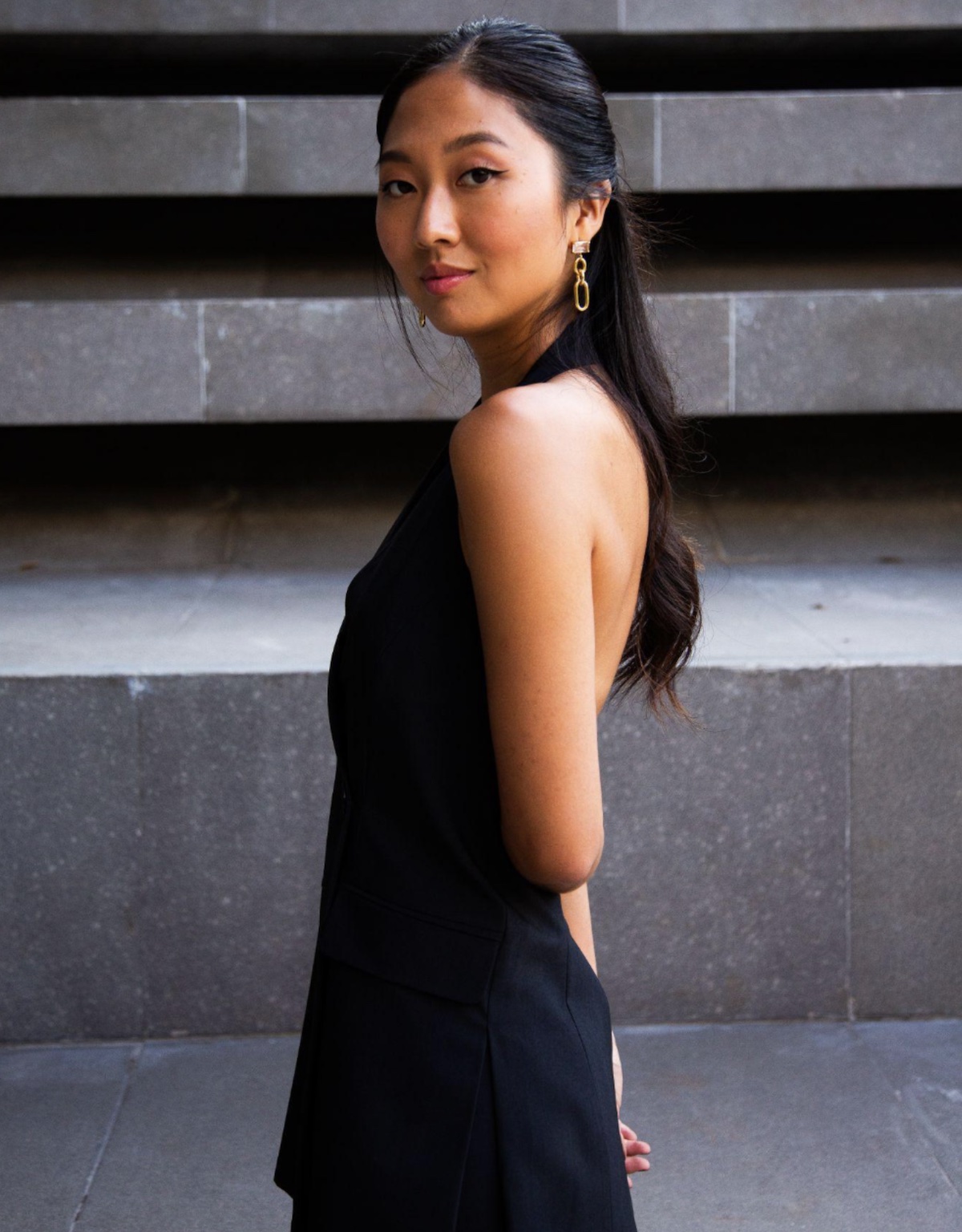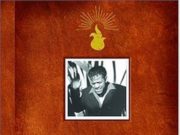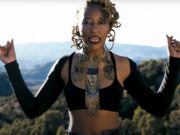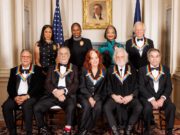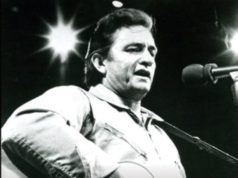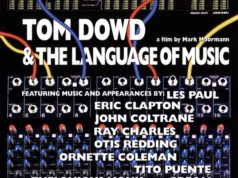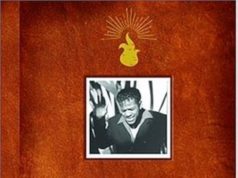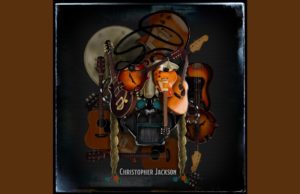As the founder of Soft Serve and a leading voice in artist management, Paula Park has spent her career at the intersection of creativity and purpose. Drawing from her multicultural roots as a first-generation Korean Brazilian and her time at SB Projects, Paula has a unique ability to align artists’ creative visions with meaningful social impact.
In this in-depth Q&A, Paula discusses the power of music to inspire change, her approach to nurturing talent, and the evolving role of social responsibility in the music industry. From global initiatives to intimate fan connections, Paula shares how she’s shaping a new paradigm for artists and their platforms.
What inspired you to pursue a career in artist management, and how has your diverse background shaped your approach to working with artists?
At the end of the day, what inspired me to pursue a career in artist management is deeply rooted in my desire to support those who can inspire change and shape culture in powerful ways. Music is a universal language that transcends boundaries—social, political, and economic — and I see artists as cultural leaders with an immense influence that can move society forward.
Growing up as a first-generation Korean Brazilian in São Paulo, I witnessed both resilience and community strength, as well as the power of diversity. My academic background in economics and music gave me insights into both the creative and business sides of the industry, helping me bridge gaps and support artists effectively.
With so many new voices emerging in this democratized industry, I’m committed to working with those who are mission driven and want to create lasting, positive change.
You’ve worked with a range of notable artists like Demi Lovato and Quavo. How do you balance their creative vision with the business and social impact aspects of their careers?
When this commitment comes from the artist, it doesn’t feel like a balancing act but rather an extension of who they are and what they stand for. Social responsibility isn’t a conflict; it’s foundational. My role is to support and amplify this intention, ensuring alignment across their creative work, social initiatives, and business strategy.
A great example is Demi Lovato’s Holy Fvck tour and the campaign behind her song Swine. Both projects showcased a seamless connection between her artistic passion, social values, and the fan experience, strengthening her bond with her audience. When authenticity drives these initiatives, it not only deepens fan loyalty but also allows the artist’s legacy to grow beyond just music.
In your role as Marketing & Impact Manager at SB Projects, how do you identify and align artists with causes that resonate with their personal values?
In my role as the in-house social impact and philanthropy lead at SB Projects, aligning artists with causes that reflect their personal values begins with open conversations to understand what genuinely drives them. An artist’s level of experience often shapes this process — more established artists usually have clearer passions and a stronger sense of their desired legacy, while emerging artists may still be exploring their interests and building their brand.
Practically, I start by understanding an artist’s long-term vision beyond music and then work backwards, identifying specific causes that resonate with their values and capabilities. Causes like reproductive rights, climate action, mental health, and economic equity are all important, but no one artist can take on every issue. My role is to help them focus on causes where they can make the most impact by aligning their resources and passion with initiatives that integrate naturally into their brand and life.
Today, there’s enormous pressure on artists to respond to every social issue, especially in moments of crisis. But when artists spread themselves too thin, their efforts risk being less impactful. Having worked in philanthropy for a few years now, I know it’s essential for artists who want to make a difference to have guidance on how to create meaningful change, from choosing the right partnerships to setting clear goals.
What challenges have you faced in integrating social impact initiatives into the music industry, and how have you overcome them?
Integrating social impact initiatives into the music industry comes with unique challenges. One key obstacle is gaining support from stakeholders who may not recognize the long-term value of these initiatives. For some, social impact work may seem like a diversion from immediate financial goals, but it is important that we emphasize how it builds a stronger, more loyal fan base and reinforces an artist’s brand and legacy over time.
Another challenge is logistical. Artists have incredibly demanding and ever-changing schedules, making it difficult to commit to impact initiatives consistently. To address this, I’d work closely with artists and their teams to integrate social impact in ways that align with their priorities and availability, maximizing their involvement even with limited time.
A final challenge is public response. In today’s era of ‘cancel culture,’ even well-intentioned actions can attract backlash. Rather than avoiding potential controversy, it is important to focus on equipping artists and teams on how to navigate and prepare for it.
Can you share a specific campaign or project that you’re particularly proud of? What was its impact, both on the artist and the community?
It’s hard to choose just one project, but several initiatives that I lead at SB Projects stand out in my memory for their impact on both artists and communities. Across all our work, we achieved 16 performances and 23 partnerships for good, delivered 2,000 social posts to raise awareness, donated over $7.1 million to charitable causes, and gave more than $1.5 million in-kind.
One project I’m particularly proud of is the work I do at the Rocket Foundation, which we helped Quavo establish following Takeoff’s passing. We launched SPARK grants, awarding $200,000 to nonprofits addressing community violence in Atlanta, with a focus on high-risk youth and families. I also can’t forget to mention our first foundation summit, where we partnered with the White House’s gun violence prevention office and hosted VP Kamala Harris.
Another highlight was the impact initiative for Demi Lovato’s Holy Fvck tour, which inspired fans to take over 59,700 actions in support of the Make-a-Wish Foundation and the Center for Transyouth Health and Development at CHLA.
Lastly, I need to mention our voter engagement campaign with Ariana Grande and Headcount.org during the 2022 midterms was a pivotal moment, empowering fans to participate in democracy. It was in the beginning of my management role, and I still remember designing all of those assets, and triple checking all information to be correct regarding polls, deadlines, etc. What a wild time.
As a first-generation Korean Brazilian, how do your cultural experiences influence your work and perspective in the music industry?
My experience as a first-generation Korean Brazilian deeply shapes my approach in the music industry, especially in my commitment to genuine representation on a global stage. Growing up connected to both Brazilian and Korean cultures, I’ve always understood the power of music to bridge different worlds and break down boundaries — a value that drives my passion for artists who are also navigating or embracing multicultural identities.
What advice would you give to emerging artist managers who want to make a positive social impact through their work?
My advice to emerging artist managers aiming to make a social impact is: start now! There’s a misconception that you need to reach a certain level of success to make a difference, but that’s not true. Emerging artists often have highly engaged, niche audiences that are deeply connected to them, which can make mobilizing fans easier, even if their reach is smaller. This intimacy allows emerging artists to build impact into their brand from the beginning, setting a foundation where social impact and career growth are aligned naturally. Build this into your artists’ brand DNA early on, and you’ll foster a positive legacy that grows with them.
Looking ahead, how do you see the role of social impact evolving in the music industry, and what projects are you currently excited about?
Looking ahead, I see social impact becoming even more essential in the music industry. As the world becomes increasingly desensitized, artists and music retain a unique power to inspire, mobilize, and spark genuine change. The industry today is often fast-paced, hyper-transactional, and oversaturated, creating a real need for artists who can ground themselves beyond short-term gains and virality. Aligning with meaningful causes helps artists stay focused, centered, and, ultimately, it extends their career longevity by connecting them more deeply with their purpose.
I hope to work with artists who embrace their role as cultural leaders as much as entertainers, seeing societal engagement not as a distraction but as a meaningful path toward lasting success.
As far as projects I’m currently excited about: In the U.S., I’m thrilled and honored to continue developing and creating new initiatives through the Rocket Foundation in Atlanta, working together with our partners and other celebrities to build safer, thriving communities across America.
In addition, perhaps because I’m from Brazil and I’m especially passionate about initiatives in the global south, as a fan, I’m particularly excited to continue to watch/witness the impact of pgLang, Kendrick Lamar and Global Citizen’s Move Africa campaign, which aims to build infrastructure that will enable major tours to include the African continent in their routing. This, I believe, is set to not only revolutionize the touring business, but also the economy of the countries included in this campaign.
